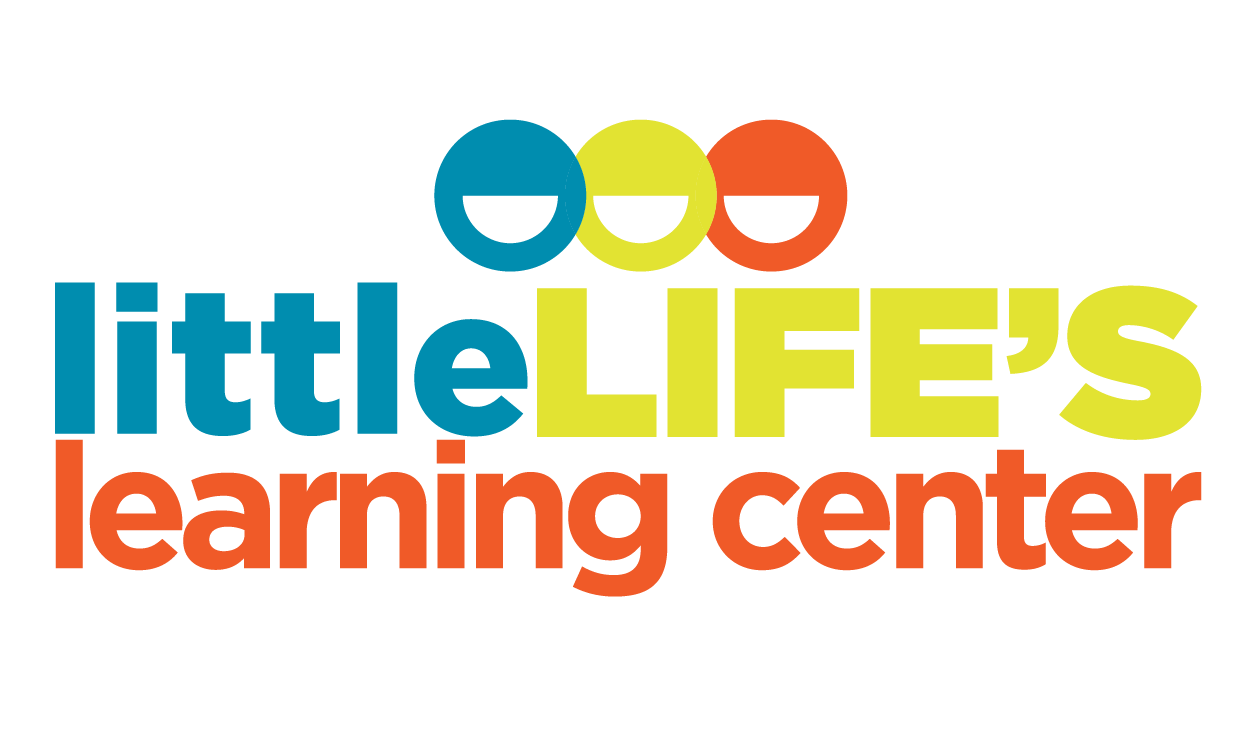As toddlers develop friendships, self-esteem, and curiosity, our toddler care program helps them explore their world in a safe and nurturing environment.
Our unique early childhood curriculum is based on the philosophy that children learn best through hands-on experiences.
Each day is filled with fun activities that excite and help toddlers develop in ways that give them the comfort and confidence to grow and develop both cognitively and socially.
In addition to caring for your toddler, everything we do is designed for learning.
1 Year Old Program:
The 1-year-old class is a transition room for the infants to become toddlers. Teachers assist the young toddlers as they begin to learn more independently. This room will still provide the needed flexibility for each child that allows him/ her to transition as he/she needs.
There are two classes for one-year-olds. The first is for children ages 12-18 months and the second is for children ages 19-24 months. Both classes follow an age-appropriate curriculum that focuses on fine and gross motor skills, music, relational skills, appropriate play, art, and sign language, as well as color, number and shape recognition.
2 Year Old Program:
The 2-year-old rooms are the transition rooms for toddlers as they become preschoolers. These rooms work with children individually to help them potty train.
Curriculum is implemented to ensure children are receiving the education they need to start preschool. The curriculum focuses on basic numbers, letters, shapes, and color recognition. The teachers also work with children on their self-help skills and social behaviors. At this age, each child develops differently. The teachers work with the children to ensure they are reaching appropriate and meaningful development goals and getting the best education possible for them.
There are three 2-year-old classes: one for beginner twos, the next is for potty-training twos and the third is for 2 year olds who are potty trained. This last room is a combination of older 2 year olds and younger 3 year olds, and it introduces the structure of a preschool classroom.
3 Year Old Program:
This room supports the development of the child to gear him/her towards Kindergarten. The curriculum in this room fine-tunes letter, number, shape, and color recognition.
In this room, the children start working on their writing and reading skills. They learn science and math as well as begin to learn more about different cultures in social studies. They are given multiple areas for interactive activities and are encouraged to play in activity centers which helps the children to develop socially, physically, emotionally, and educationally. This room helps each individual claim his/her independence while guiding the child towards good decision-making in daily activities.






